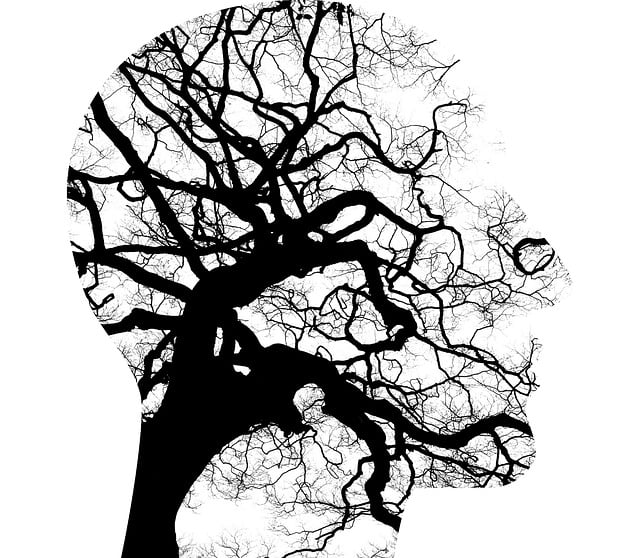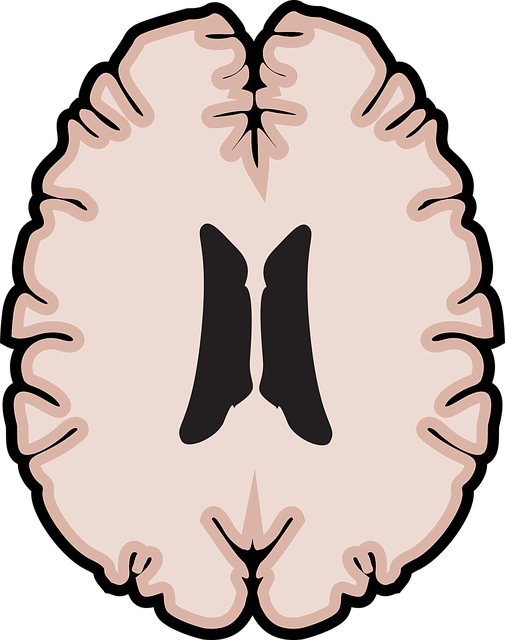Emotion regulation skills are crucial for children with developmental disabilities, addressing limited self-awareness and intense emotions. Techniques like mindfulness, self-compassion exercises, and reframing thoughts help manage and express emotions healthily. Identifying triggers, cultural sensitivity, empathy building, and behavioral interventions enhance therapy effectiveness. Mental wellness coaching programs provide strategies for coping with emotional challenges, improving quality of life. These comprehensive approaches, including mindfulness and body awareness techniques, support children and their families in navigating emotional landscapes for enhanced daily functioning and mental well-being.
Emotion regulation techniques are essential tools in therapy for children with developmental disabilities, empowering them to navigate their emotions effectively. This comprehensive guide explores various strategies tailored to support young minds. From identifying triggers and cognitive reframing to mindfulness practices and behavioral interventions, each section delves into actionable techniques. By understanding the significance of emotion regulation, parents and caregivers can foster a child’s ability to manage stress, improve social interactions, and enhance overall well-being.
- Understanding Emotion Regulation and Its Significance for Children with Developmental Disabilities
- Identifying Triggers: Recognizing Emotional Cues in Kids
- Cognitive Strategies: Teaching Children to Reframe Thoughts
- Mindfulness and Body Awareness: Techniques for Calming and Focus
- Behavioral Interventions: Shaping Positive Emotional Responses
Understanding Emotion Regulation and Its Significance for Children with Developmental Disabilities

Emotion regulation is a crucial skill for children with developmental disabilities as it enables them to understand and manage their feelings effectively. These individuals often struggle with self-awareness, which can lead to intense emotional responses that may be challenging for both them and their caregivers. By learning emotion regulation techniques, children gain the ability to identify and express their emotions in a healthy way, reducing the risk of meltdowns or other behavioral issues.
This process is essential not only for improving daily functioning but also for fostering social connections and enhancing overall mental wellness. Compassion cultivation practices, like mindfulness and self-compassion exercises, have shown promise in therapy for children with developmental disabilities. These techniques teach them to be more patient and understanding of their emotions, thereby reducing feelings of burnout and promoting a sense of calm and control. Additionally, mental wellness coaching programs can play a significant role in supporting these children and their families by offering strategies for coping with emotional challenges, thus improving overall quality of life.
Identifying Triggers: Recognizing Emotional Cues in Kids

Identifying triggers is a crucial step in teaching children with developmental disabilities effective emotion regulation techniques. Kids often express their emotions through non-verbal cues—facial expressions, body language, and tone of voice can all signal underlying feelings like happiness, frustration, or fear. Parents and caregivers must learn to read these emotional cues to understand when a child is experiencing distress. This heightened awareness allows for early intervention, which can prevent more intense emotional reactions.
In therapy sessions, professionals guide parents through activities that enhance their ability to recognize these triggers. Techniques from the Mental Wellness Podcast Series Production can be adapted to help kids manage anxiety relief and stress. Workshops organized by Stress Management Workshops Organization also offer valuable insights into navigating children’s emotional landscapes, fostering a supportive environment for mental wellness.
Cognitive Strategies: Teaching Children to Reframe Thoughts

Teaching children to reframe their thoughts is a powerful cognitive strategy within emotion regulation techniques. This approach helps young minds challenge negative or distorted thinking patterns that often contribute to emotional distress. By encouraging children to identify and question their thoughts, therapists facilitate a shift from automatic negative responses to more balanced and adaptive perspectives. For instance, if a child with a developmental disability feels overwhelmed by a challenging task, reframing could help them see it as an opportunity for growth rather than a source of anxiety.
Cultural sensitivity in mental healthcare practice plays a vital role in this process. Therapists must tailor their approach to resonate with each child’s unique cultural background and experiences, ensuring that reframe techniques align with the family’s values and beliefs. This personalized approach not only enhances the effectiveness of therapy but also fosters trust and engagement, ultimately contributing to improved mental wellness. Empathy building strategies, often explored in popular Mental Wellness Podcast Series Production, can further enrich this process by helping therapists understand and reflect on children’s perspectives, creating a safe space for them to explore and modify their thought patterns.
Mindfulness and Body Awareness: Techniques for Calming and Focus

Mindfulness and body awareness techniques are powerful tools for children with developmental disabilities to manage their emotions and reduce stress. These practices involve teaching kids to focus on the present moment, paying attention to their bodily sensations, and cultivating a non-judgmental awareness of their thoughts and feelings. By engaging in mindfulness exercises such as deep breathing, progressive muscle relaxation, or guided visualizations, children can learn to calm themselves down when faced with challenging emotions.
In therapy sessions, these techniques are often incorporated into mental health education programs designed specifically for kids with special needs. The goal is to enhance their emotional intelligence and resilience by teaching them how to recognize and accept their physical responses to stress or anxiety. This process fosters positive thinking and self-regulation skills, enabling children to navigate their emotions more effectively and improve overall mental well-being.
Behavioral Interventions: Shaping Positive Emotional Responses

Behavioral interventions play a crucial role in teaching emotion regulation techniques, especially for children with developmental disabilities. These strategies focus on shaping positive emotional responses by reinforcing desired behaviors and modifying negative ones. For instance, parents or caregivers can use reinforcement scheduling to encourage calm behavior by rewarding children with praise, tokens, or privileges when they effectively manage their emotions during challenging situations. Over time, this strengthens the connection between positive emotions and the resulting rewards, fostering a healthier emotional response.
One effective behavioral approach is teaching conflict resolution techniques tailored to each child’s needs. By learning these skills, children can better navigate social interactions and reduce stress. Stress management workshops designed for both children and their caregivers can empower them with practical tools to identify and manage emotions. These sessions often include activities like deep breathing exercises, visualization techniques, and cognitive restructuring, which have been shown to be beneficial in various therapy settings, including those for mental health professionals conducting risk assessments.
Emotion regulation techniques teaching plays a pivotal role in therapy for children with developmental disabilities, equipping them with crucial tools to navigate their emotions effectively. By integrating cognitive strategies, mindfulness practices, and behavioral interventions, professionals can foster significant improvements in these children’s emotional well-being and overall quality of life. This comprehensive approach not only assists in managing immediate emotional challenges but also empowers kids to develop long-lasting skills for coping with stress and adversity.










